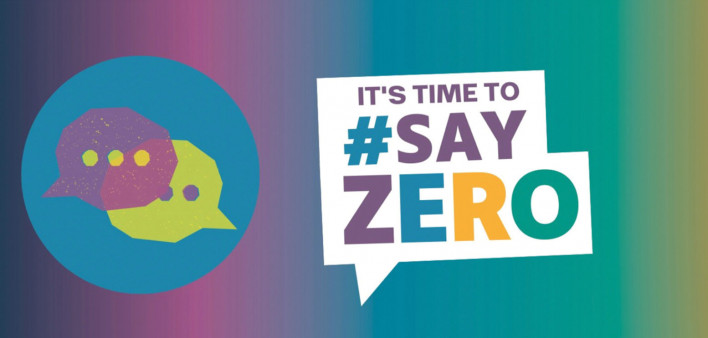In a move long encouraged by advocates, the World Health Organization (WHO) has reaffirmed that people living with HIV who consistently take antiretroviral treatment and have an undetectable viral load do not transmit the virus during sex, a concept known as Undetectable Equals Untransmittable, or U=U.
According to a WHO policy brief released at the International AIDS Society Conference on HIV Science, people with an undetectable viral load—usually defined as below 50 or 200—who continue to take their medication “have zero risk of transmitting HIV to their sexual partner(s) and minimal risk of transmitting HIV vertically to their children.” People with a suppressed but detectable viral load (under 1,000) have “almost zero or negligible risk” of sexual transmission.
The updated guidance is supported by a systematic review of evidence that found sexual transmission of HIV did not occur when viral load was less than 600 and was very rare when it was below 1,000. There is not enough evidence about the link between viral load and transmission via shared drug injection equipment.
“The brief is a game changer for equitable scale-up of viral load testing and clear messaging about transmission risk,” says Bruce Richman, executive director of the Prevention Access Campaign. “When the WHO’s new brief is translated from policy to implementation, millions more people living with HIV will have the assurance that their treatment is working to protect their health and their partners.”







Comments
Comments